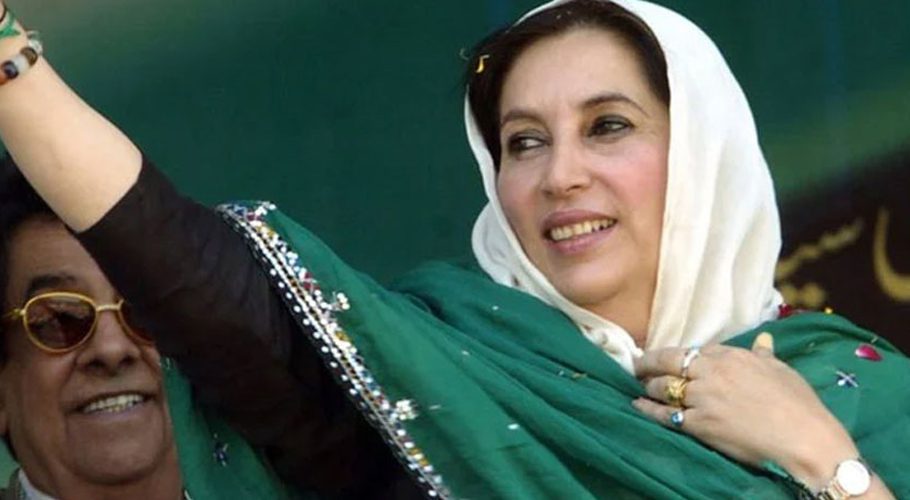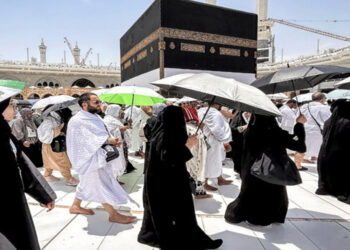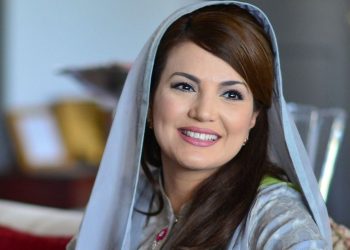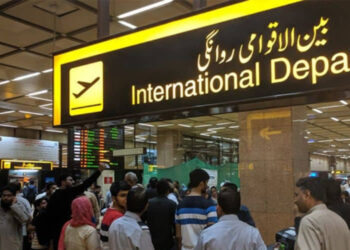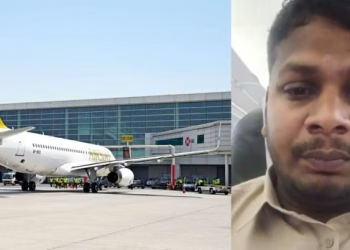ISLAMABAD: The 69th birth anniversary of former Prime Minister Benazir Bhutto is being celebrated in a befitting manner on Tuesday.
Benazir Bhutto was not only the first female Prime Minister of Pakistan but she was also the first women Prime Minister from the Muslim World. She studied at Harvard University and the University of Oxford, where she was President of the Oxford Union. Her father, the PPP leader Zulfikar Bhutto, was elected Prime Minister on a socialist platform in 1973. She returned to Pakistan in 1977, shortly before her father was ousted in a military coup and executed. Bhutto and her mother Nusrat took control of the PPP and led the country’s Movement for the Restoration of Democracy; Bhutto was repeatedly imprisoned by Muhammad Zia-ul-Haq’s military government and then self-exiled to Britain in 1984. She returned in 1986 and—influenced by Thatcherite economics—transformed the PPP’s platform from a socialist to a liberal one, before leading it to victory in the 1988 election.
As Prime Minister, her attempts at reform were stifled by conservative and Islamist forces, including President Ghulam Ishaq Khan and the powerful military. Her administration was accused of corruption and nepotism and dismissed by Khan in 1990. Intelligence services rigged that year’s election to ensure a victory for the conservative Islamic Democratic Alliance (IJI), at which point Bhutto became Leader of the Opposition.
After the IJI government of Prime Minister Nawaz Sharif was also dismissed on corruption charges, Bhutto led the PPP to victory in the 1993 elections. In her second term, she oversaw economic privatisation and attempts to advance women’s rights. Her government was damaged by several controversies, including the assassination of her brother Murtaza, a failed 1995 coup d’état, and a further bribery scandal involving her and her husband Asif Ali Zardari; in response, President Farooq Leghari dismissed her government.
The PPP lost the 1997 election and in 1998 she went into self-exile, living between Dubai and London for the next decade. A widening corruption inquiry culminated in a 2003 conviction in a Swiss court. Following the United States–brokered negotiations with President Pervez Musharraf, she returned to Pakistan in 2007 to compete in the 2008 elections; her platform emphasised civilian oversight of the military and opposition to growing Islamist violence. After a political rally in Rawalpindi, she was assassinated. The Salafi jihadi group al-Qaeda claimed responsibility, although the involvement of the Pakistani Taliban and rogue elements of the intelligence services was widely suspected. She was buried at her family mausoleum in Garhi Khuda Baksh.







